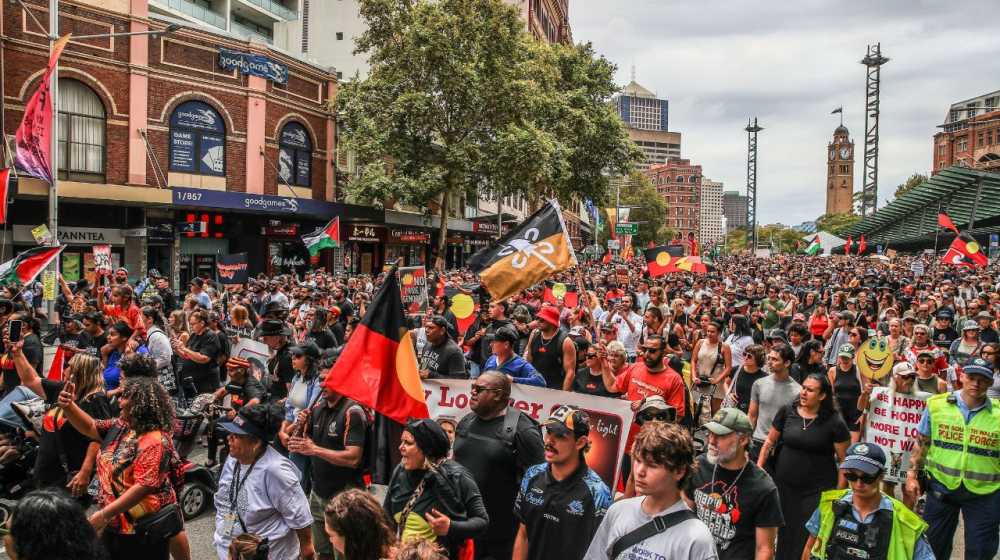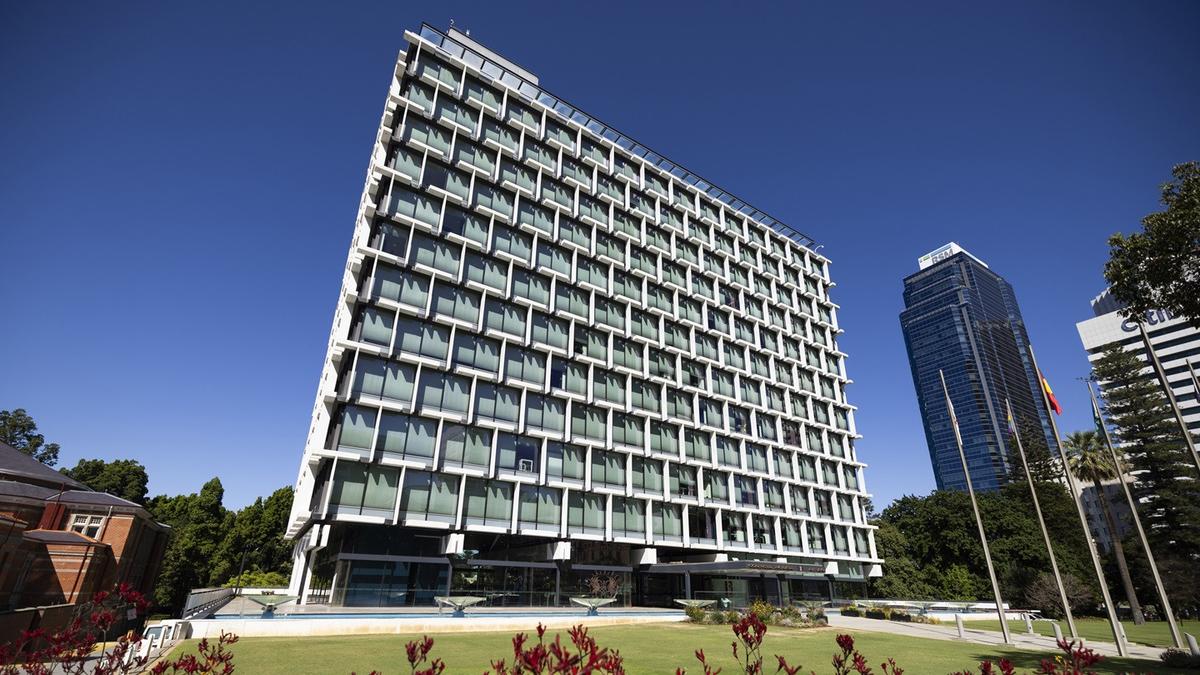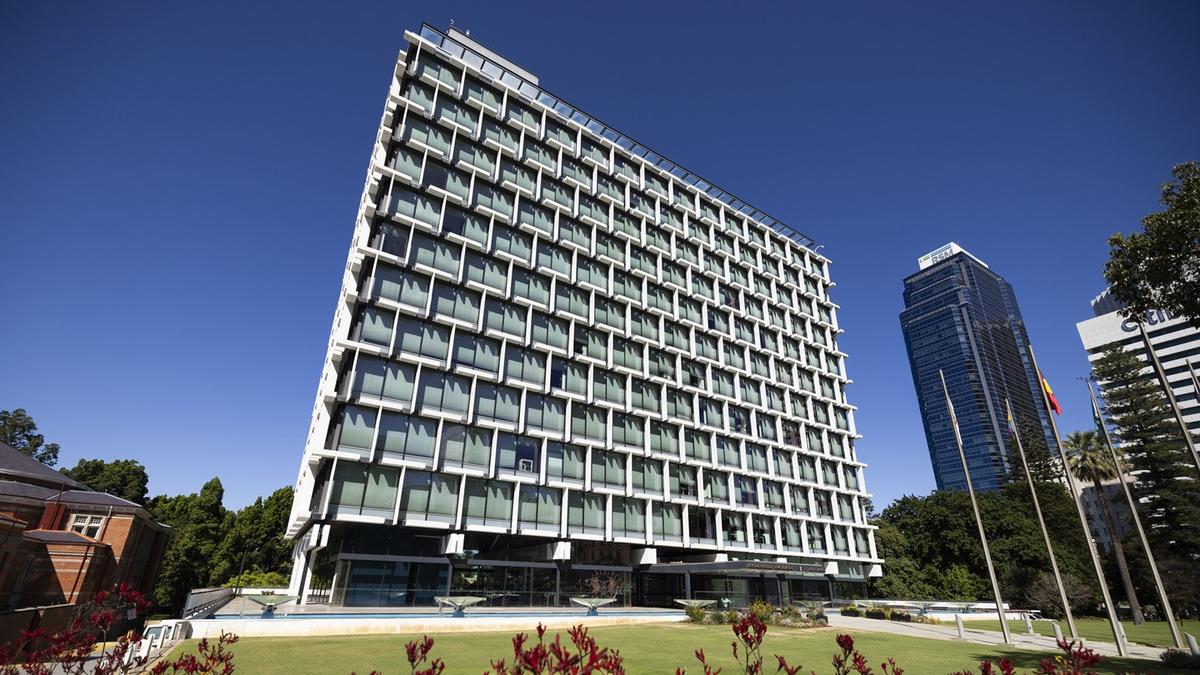
NEW YORK, NEW YORK - SEPTEMBER 24: Prime Minister of Australia Anthony Albanese speaks onstage during the NYT Climate Forward 2025 at The Times Center on September 24, 2025 in New York City. (Photo by Yana Paskova/Getty Images for NYT)
UPDATE: Australian Prime Minister Anthony Albanese faces escalating criticism amid a deepening economic crisis, with experts labeling his leadership style as ineffective. Just as peace negotiations involving Donald Trump concluded successfully, Albanese’s recent support for a Palestinian state raises eyebrows, signaling a potential misalignment with crucial international relations.
The urgency of the situation cannot be overstated. As inflation soars and housing issues plague Australians, Albanese’s government struggles to maintain direction, burdened by indecision and inconsistent policy implementation. His leadership is now being referred to as the ‘Man of Lead,’ a metaphor indicating stagnation and ineffectiveness.
Reports from Gunning suggest that Albanese’s friend coined this term, reflecting a perception that his administration is dragging down progress. Since taking office in 2022, his government has faced mounting challenges, including a stalled energy transition and a lackluster response to the ongoing cost-of-living crisis.
Critics argue that the Prime Minister’s approach resembles that of a heavy anchor, impeding growth and innovation. The recent Voice to Parliament referendum, considered poorly executed, has left the Indigenous reconciliation effort feeling heavier than ever.
As Albanese prepares for an undisclosed holiday just days before a critical meeting with Trump, concerns mount over his leadership capabilities. Treasurer Jim Chalmers, left to navigate the fallout, has also faced scrutiny for his erratic policy shifts, especially regarding superannuation tax changes.
Chalmers, who recently reversed his stance on taxing unrealized gains on balances over $3 million, is now seen as lacking firm guidance during this turbulent time. His abrupt backflip has left many wondering about the government’s fiscal strategy, especially as the nation grapples with uncertainty.
Adding to the pressure, Albanese’s performance during parliamentary sessions has been described as lackluster, often requiring assistance from colleagues to maintain composure. With the cost-of-living crisis affecting countless Australians, critics assert that his administrations’ responses are insufficient, consisting of temporary subsidies and inquiries that fail to deliver real solutions.
The implications of this leadership crisis are profound. Economic analysts warn that if Albanese’s administration continues on its current trajectory, Australia risks enduring long-term economic stagnation. Issues like mass immigration, regulatory overreach, and declining productivity threaten to erode the country’s economic vitality.
Australia demands leaders capable of resilience and adaptability. Former Prime Ministers John Howard and Scott Morrison are remembered for their steely resolve and innovative approaches during crises. In stark contrast, Albanese’s perceived incompetence has left many feeling as though they are bearing the weight of a ‘lead balloon.’ The call for a leadership upgrade is growing louder, as citizens hope for a recovery that doesn’t buckle under the current administration’s burdensome policies.
As the political landscape shifts, all eyes will remain on Albanese and Chalmers. Will they rise to the occasion, or will Australia continue to grapple with the consequences of their leadership vacuum? Stay tuned for further developments as this story unfolds.







